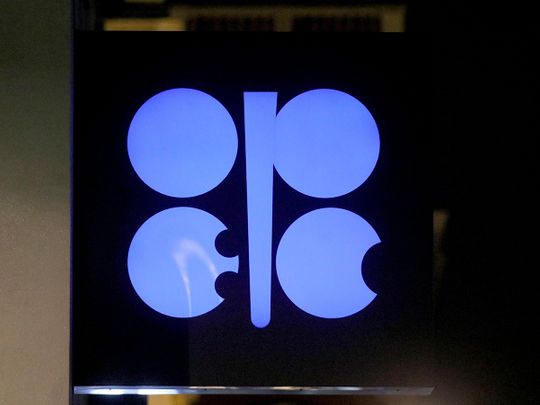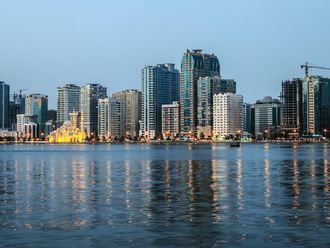
At the beginning of this week, OPEC+ countries voluntarily agreed to reduce production by 1.66 million barrels per day until year-end, in a strategic move to protect their interests in obtaining a fair price for their oil sales. The new cut adds to the previous one totalling 2 million barrels per day announced in October last. The total cuts of 3.66 million barrels per day represents more than 3.5 per cent of total global oil production.
The move came just in time after oil fell to $70 per barrel before rebounding to $80 at the end of last week due to significant fluctuations caused by a variety of factors, which are expected to continue. The fluctuations prompted OPEC+ countries to take proactive measures to keep oil prices at sound levels to support their economic growth plans in the face of global competition and all-pervasive geopolitical tensions.
Indeed, OPEC+’s decision on a second cut within six months is impressive and reflects the solidarity of oil producers, as well as the coordination in their positions as national interests became more interdependent.
Spread falsehoods of dissension
Some media outlets insist on promoting false narratives about differences between group members. Such campaigns mask attempts to break OPEC+’s unity after it has become the sole body that determines not only the pathway for global energy markets, but also wider trade and economic trends.
The recent banking crisis in the West is at the forefront of factors that alerted OPEC+ countries to the consequences of further potential recurrences. If that happens, it will reflect on overall global financial and economic conditions and drag other sectors into crisis aftershocks, including, of course, on oil markets and prices.
It is becoming increasingly clear by the day that a global economic recession is imminent. This implies the possibility of a decline in demand for oil and a disequilibrium in the supply-demand relationship, particularly after oil production in the US rose to record levels, implying that prices will deteriorate again.
The IMF has cut its global GDP growth forecasts several times, most recently last week, implying that demand for oil and prices may fall. The global economy thus faces serious challenges, including oil markets that are extremely sensitive to any such developments. This necessitates preparation to protect the interests of oil producing countries.
Global competition is fierce, and any delay in taking proactive measures will expose oil producers to significant losses, and vice versa. Preparing for any such anticipated developments will protect these interests.
A return to fair prices
The OPEC+’s decision has contributed to the return of oil prices to more solid footing, having risen 6.5 per cent to $85 per barrel and compensate for the loss caused by the banking crisis. The investment firm Pickering Energy Partners said the decision might increase oil prices by $10 per barrel, and with speculative activity, may lead to new price fluctuations.
The International Energy Agency said the surprise oil output cuts may push oil price to $100. It has become quite clear that OPEC+ is determined to protect their interests under any circumstances. It cannot be excluded that OPEC+ will resort to new output cuts if the global economic conditions deteriorate further.
And the group may even take decisions to increase output if the global economy manages to overcome short-term challenges to growth. Member countries will act with foresight and flexibility to strike a balance between national interests and those of consuming countries.
This will contribute to growth and stability and thus help the global economy slip into more crises. This is a role that OPEC+ must maintain with more cohesion and solidarity among its members.












